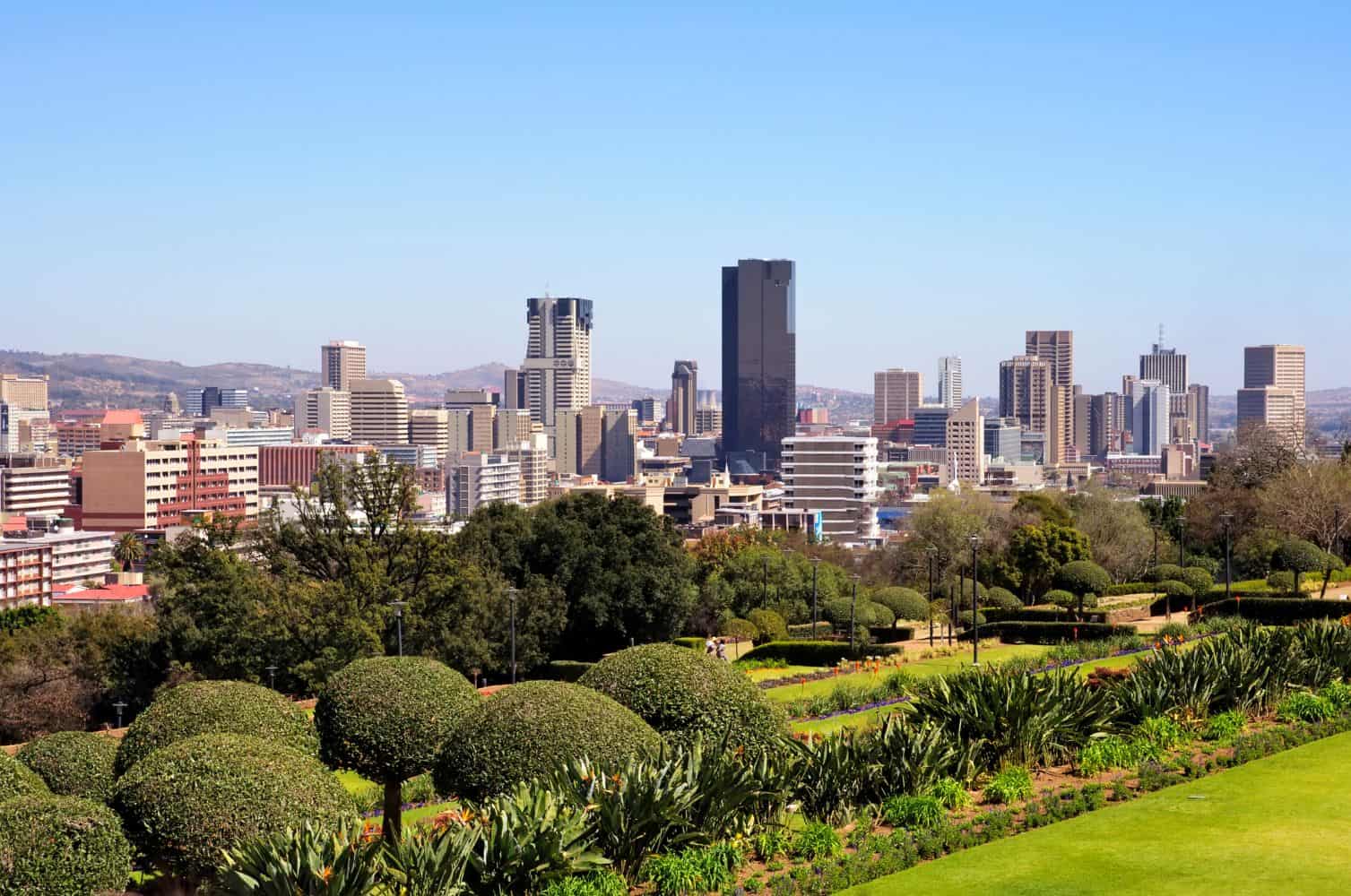City is set to charge those who don’t use the service.
The Tshwane metro may have to mount a legal defence of its new R200 cleaning levy – which from 1 July will apply to all households and businesses not using the city’s waste removal service.
This includes flats and townhouses situated in complexes that use joint waste removal services, often through private service providers.
The metro estimates that there are just under 200 000 residential properties and another 60 000 businesses that do not use the city’s refuse removal service.
The new fee is expected to generate an additional R540 million in revenue for the city.
Its introduction comes after an analysis by Lex Middelberg, a councillor from the Republican Congress of Tshwane, showed that the city’s revenue has remained largely stagnant over the past few years, despite the tariff increases it implements year after year.
In real terms, the income from trading services has in fact declined, Middelberg showed.
He concludes that the municipality has surpassed the peak of the Laffer curve – a concept in economics that illustrates how excessive taxation can lead to a decrease in total revenue.
This occurs because high taxes may discourage economic activity or prompt taxpayers to seek ways to avoid taxes.
The council is however proceeding with the new cleaning levy, which the Democratic Alliance (DA) calls “another punitive tax on residents”.
ALSO READ: Proposed cleaning levy sparks legal challenge in Tshwane
‘It’s a tax’ – DA
Jacqui Uys, DA spokesperson on finance in Tshwane, says the plan is “to tax every single resident who cannot afford to make use of the city’s own rubbish collectors, at R500 per month, by forcing them to pay R200 per month in the form of a ‘City Cleansing Levy’.
“Moreover, private waste collectors already pay a fee to utilise the city’s dumping grounds – those using private collectors will now pay double, while those that cannot afford the city’s rates will be penalised for being poor.”
The Tshwane council has brushed aside objections from the South African Property Owners Association (Sapoa), AfriForum, and many community members.
In council documents the objections are summarised as:
- Double taxation as non-revenue services must be funded through property rates; and
- Questionable in the current economic climate.
The city in its response denies that the levy is a form of taxation, since it is not based on property ownership, but on a service.
It states: “A property has been provided with the opportunity to use a service and [has] attracted a charge, or a property or a resident benefit[s] from a service provided.”
It further quotes from the Constitution: “A municipality may impose surcharges on fees for services provided by or on behalf of the municipality.”
It concludes: “This provision legally affirms that municipalities may levy charges for the services they render, which includes urban cleansing. These service fees are not considered taxes because they are not compulsory contributions for general revenue purposes; instead, they are payments linked to direct service delivery benefit.”
Constitutional provisions are however given effect to in legislation.
ALSO READ: ‘Double tax’: New Tshwane levy has residents gatvol
AfriForum plans to take action
AfriForum specifically points to Section 74(2) of the Municipal Systems Act, which stipulates principles on tariff policy and states that tariffs must reflect the costs reasonably associated with the provision of the service. Users must be charged in proportion to their use of that service.
“However, the proposed city cleansing levy appears to contradict this principle, as it is a fixed charge per property rather than a usage-based fee.”
According to AfriForum, the city is targeting “property owners who have already renounced the municipal refuse removal service due to poor service delivery.”
AfriForum has now instructed its lawyers to “file further opposition to the levy,” after two letters to council in this regard went unanswered.
“These individuals [property owners] have chosen to instead make use of private refuse removal services precisely because the Tshwane Metro’s service delivery is questionable, now they are expected to continue paying for something from which they will not benefit,” says Arno Roodt, AfriForum’s district coordinator for Greater Pretoria South.
“The organisation, through its legal team, made it clear to the Tshwane Metro that the Constitution requires municipalities to promote the social and economic development of communities in their budget processes. However, this is not the case with the proposed implementation of this levy,” says Roodt.
The organisation said in a statement: “AfriForum has already consulted with their legal team about the next steps that need to be taken to have this council decision reviewed and set aside.”
This article was republished from Moneyweb. Read the original here.
